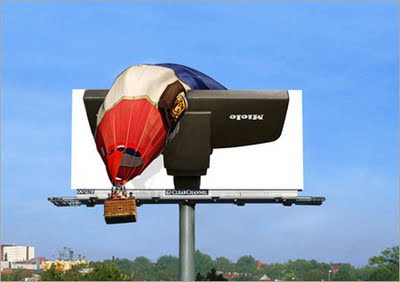Folks are getting tetchy...
And one thing that has
really set them off is the proposed auto-industry bailout. Part of the issue is routine anti-union feeling, although I suspect much of that is simple envy.
We'd all love to have secure jobs with automatic raises and pay higher than comparable work elsewhere.
Second is the sheer inefficiency. Saving Detroit means saving it from bankruptcy. As we have seen with the airlines, bankruptcy can allow operations to continue while helping to shed fatally unsupportable obligations. For Detroit, this means release from ruinous wage deals with their astronomical benefits (the hourly cost of a Big Three worker: $73; of an American worker for Toyota: $48), massive pension obligations and unworkable work rules such as "job banks," a euphemism for paying vast numbers of employees not to work.
The point of the Democratic bailout is to protect the unions by preventing this kind of restructuring. Which will guarantee the continued failure of these companies, but now they will burn tens of billions of taxpayer dollars. It's the ultimate in lemon socialism. [More]
On the other hand, the already huge TARP bailout is widely - if incorrectly - seen as a bailout to fatcats on Wall Street, so why is helping autoworkers so wrong?
I don' think the bailout will make it through this lame-duck session and it's possible it will be too late by next February. Automakers are
burning cash way too rapidly.
Meanwhile, the apocalyptic scenarios being painted of what happens if GM goes broke are flooding the media.
A GM bankruptcy could create a cascading set of bankruptcies among these part suppliers, other auto makers and suppliers. That's because a bankrupt company could take months, if ever, to pay its pre-bankruptcy bills. Such delays would put stress on suppliers that already run on thin working capital and that feed just a few end auto makers, they argue.
This spillover would most directly hit Chrysler and Ford, who have greater GM overlaps. GM officials are telling lawmakers that the failures at the parts makers would bring them down, too.
The failures could also hit Asian car makers like Toyota and Honda, say automotive experts, who estimate 20% to 25% of suppliers are shared by those two auto makers and Detroit's Big Three.
In all, as many as 5,000 parts suppliers dot North America, with combined annual sales around $150 billion to $200 billion, according to Craig Fitzgerald, a partner at accounting firm Plante & Moran, which advises parts makers.
In addition, the parts business has three times as many workers as the auto makers. There were approximately 489,500 auto-parts production workers at the end of last year, a figure which fell to 415,700 at the end of September, according to the Department of Labor. There were approximately 151,000 auto-assembly workers in the U.S. at the start of 2008, a number that slid to 127,300 at the end of September.
Beyond suppliers, a collapse at GM also carries a risk to thousands of auto dealerships and to the government's pension-benefit insurance arm.
On average, auto dealerships employ 7.3% of a typical state's payroll, and 740,000 dealership jobs nationwide come from the Big Three makers. GM's 6,000-plus dealers employ about 325,000 of those people, according to estimates from the National Automotive Dealer Association.
One of the biggest fears in Washington is how a bankruptcy filing by one or all of the auto makers would affect the federal agency that insures the retirement savings of almost 44 million Americans. The Pension Benefit Guaranty Corp. ended 2007 with a $14 billion deficit, though that shortfall was expected to shrink to about $11 billion. Were GM to place its pension burden on PBGC, it would more than double the agency's current shortfall. [More]
This description is more or less the same as dozens of others I have read. Which leads me to my real point. Assuming these are even half-right,
it seems an odd time for Congress to get fiscal religion, especially after voting for the $700B financial system bailout.
Three million jobs is a LOT of social unrest, folks.
Even chunk downward in our economy, every million jobs lost; every business that fails shifts die-hard conservatives involved into a new political category.
When it's your recession, you can flip your thinking about what the government should do on a dime.
And guys like Sen. Shelby
can't seem to see this coming. He may be right, but I'm not sure voters will admire his principled
(and frankly geocentric, seeing as the plants aren't in his state) stand when reelection time comes around.
The political bailout genie is out of the bottle. Rightly or wrongly (and I favor the latter)
it will be seen as THE answer to every hard-pressed corner. Those who don't get one, won't forget. You can lump agriculture in there too, as I'm sure our organizational leaders are working on our own bailout requests.
(All the other kids...)
I think the best we can hope for is to
slow the downward decline of the national economy until market forces reverse direction. For example, when really sound companies are too cheap to resist buying - something that is already happening.
Nobody know what the correct path is, but my thinking is the
neo-Hooverism being heard from sectors as yet unravaged by the downturn (such as economists with tenure) will produce
the same lamentable results as they did in 1930.



